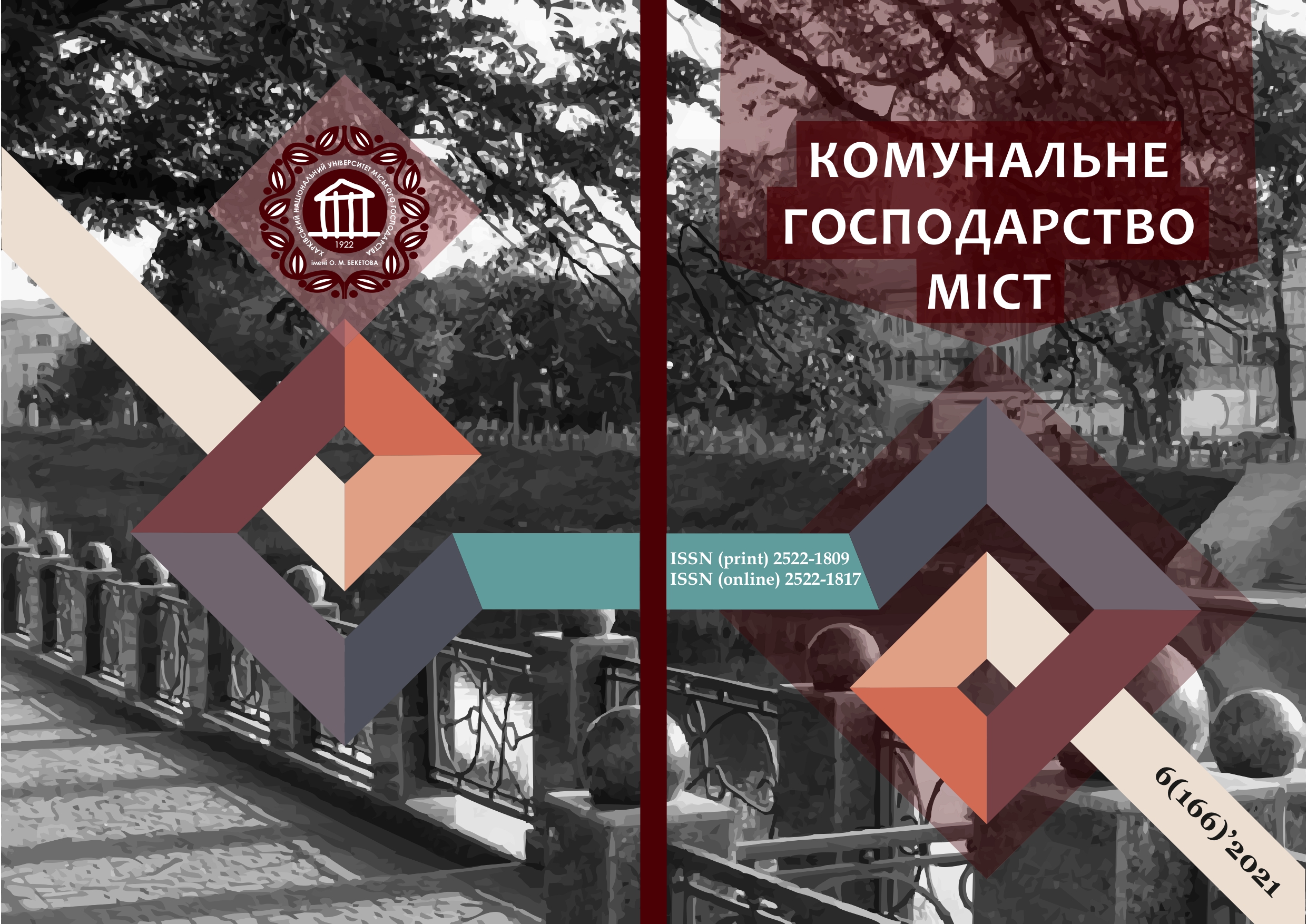PECULIARITIES OF NATIONAL LEGISLATION IN THE FIELD OF URBAN PLANNING
Array
Keywords:
urban planning system, general planning, regulatory and legal support for the development of territories.Abstract
In modern conditions of territorial development, rational processes of urbanization are especially important. Lessons of economic activity have shown that the solution of important problems of innovative economic and social development of territories is impossible without the organization of fundamentally new relations in the urban planning system, improvement of methods of territorial management, change of management style, psychology and thinking of territorial development, expansion and deepening democracy, increasing the responsibility of all parts of the management of territories. The basis for regulating the processes of general planning at the national and territorial levels is the regulatory and legal support of the urban planning system. According to the world experience, the main requirements for the regulatory support of general planning processes are the following: informativeness and availability of data for all categories of stakeholders in urban planning; development of the system of public control, monitoring of general planning processes, which provides increase of transparency of town-planning processes; ensuring the preservation of cultural, archaeological, architectural, historical heritage in the urban planning system; reduction of corruption in the urban planning system; ensuring the processes of deregulation of the urban planning system as a leading world experience in the organization of regulatory processes. The formation of settlement systems is a multifactorial process, so the modeling of such systems requires a detailed analysis of the functions they perform and their weight priorities for the population. These tasks should be implemented by introducing innovative solutions into the system of legislative support, which is the task of this article. Therefore, it is advisable to determine the prospects for the development of spatial planning systems in Ukraine in accordance with leading global trends and factors of external and internal influence.
References
2. Gabrel, M.M. (2004). Spatial organization of urban systems. Kyiv, Institute for Regional Studies of the National Academy of Sciences of Ukraine, ASS Publishing House. [in Ukrainian]
3. Ositnyanko, A.P., Mamedov, A.M. (1998). Problems of management of territorial development of the city. Urban planning and territorial planning, 2, 56–62. [in Ukrainian]
4. Rybak, O. (2012). Regulation of the development of the urban complex: economic and legal aspect. Ekonomika, 1(115), 88–92. [in Ukrainian]
5. Vakulenko, V.M., Orlatyi, M.K. (2006). Management of city development. Kyiv, Publishing House NADU. [in Ukrainian]
6. Singaivska, O.I., Ivanchenko, G.M., Koshevy, O.P., Cherednichenko, P.P. (2014). Improving the efficiency of urban planning decisions in the organization of suburban areas. URL: http://repositary.knuba.edu.ua//handle/987654321/7727 [in Ukrainian]
7. Pleshkanovska, A.M. (2008). Reconstruction of the city in the context of problems of urban development. Modern problems of architecture and urban planning, 19, 225–231. [in Ukrainian]
8. Shulyk, V.V., Gabrel, M.M., Cherednichenko, P.P. (2012). Actual monograph "Cities and eras". Modern problems of architecture and urban planning, 29, 304–306. [in Ukrainian]
9. Singaivska, O.I. (2010). Unification of the structure of information support of urban planning. Urban planning and spatial planning, 37, 459–466. [in Ukrainian]
10. Schultz, R.V., Tarnopolsky, E.A. (2010). Determination of spatial parameters of the transition between urban and state coordinate systems. Urban planning and spatial planning, 37, 599–606. [in Ukrainian]
Downloads
Published
How to Cite
Issue
Section
License
The authors who publish in this collection agree with the following terms:
• The authors reserve the right to authorship of their work and give the magazine the right to first publish this work under the terms of license CC BY-NC-ND 4.0 (with the Designation of Authorship - Non-Commercial - Without Derivatives 4.0 International), which allows others to freely distribute the published work with a mandatory reference to the authors of the original work and the first publication of the work in this magazine.
• Authors have the right to make independent extra-exclusive work agreements in the form in which they were published by this magazine (for example, posting work in an electronic repository of an institution or publishing as part of a monograph), provided that the link to the first publication of the work in this journal is maintained. .
• Journal policy allows and encourages the publication of manuscripts on the Internet (for example, in institutions' repositories or on personal websites), both before the publication of this manuscript and during its editorial work, as it contributes to the emergence of productive scientific discussion and positively affects the efficiency and dynamics of the citation of the published work (see The Effect of Open Access).

